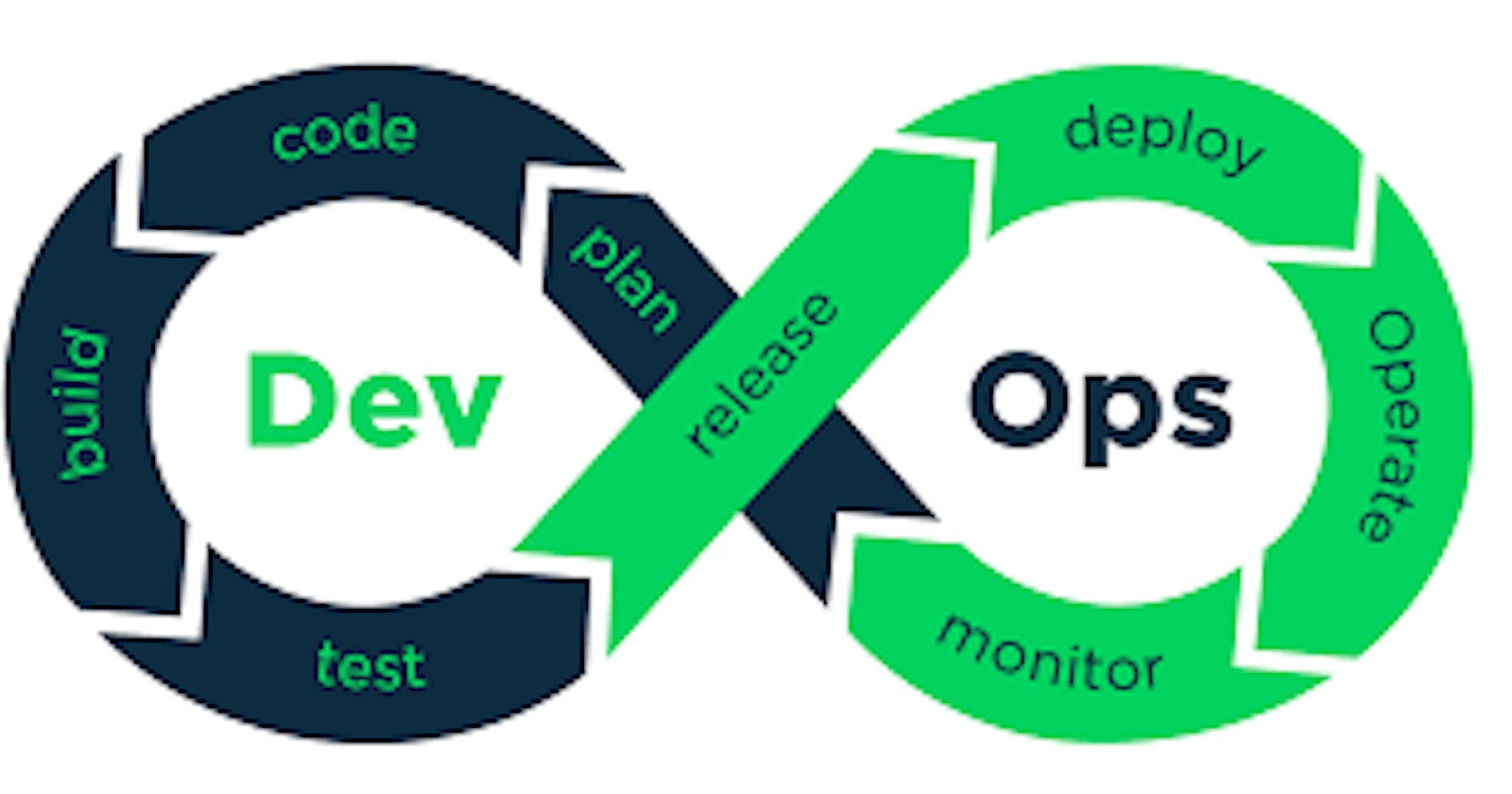DevOps is one of the emerging technology trends that most tech enthusiasts are discussing currently. It's becoming the talk at the moment. The fact is that we have to appreciate the emergence of DevOps technology.
DevOps is a blend of both development and operations. DevOps ensure the streamlining of the development, release, and testing of software. This includes a set of practices that automate and integrate the processes between software development and IT teams hence ensuring a smooth working environment.
DevOps teams hence can implement this shift of working from the cultural way of development to increase the speed and quality of software deployment. DevOps come with greater benefits, tools, and lifecycle models and practices
Let's explore them one by one;
1. DevOps benefits
Security - this is acquired by integrating active security checks and audits into the development lifecycle and workflows. DevSecOps is the integrated part of the development process
Speed - the practice of smooth communication and collaboration between the development and operations team helps shorten the development lifecycle. This in turn enables frequent code release in production hence increasing the speed of code deployment and testing
Quality and Reliability - continuous integration and continuous delivery practices ensure changes are functional and safe, which improves the quality of a software product. Monitoring helps teams keep informed of performance in real time.
Collaboration - communicating with other departmental members help developers come up with better products. Sharing ideas helps generate solutions to problems at a faster rate than it could be were to be done individually.
Quick bug fixing - developers can make changes appropriately and still maintain the code stability of software since they are familiar with the development process
2. DevOps Lifecycle
The DevOps lifecycle stages occur in an infinite loop as they relate to each other. The stages include;
- Plan
- Build
- Test
- Deploy
- Operate
- Monitor
- Continuous feedback
- Discover*
Then you go back to the loop once again.
3. DevOps Tools
This includes the tools that are essential in every stage of development. They include Jira Software, Bitbucket, Opsgenie, etc. The toolchain is categorized into two namely;
- all-in-one toolchain- uses one complete solution that doesn't allow other tools to play a part.
- open toolchain - allows for customization with different tools
4. DevOps Practices
They include;
- Continuous Integration
- Continuous Delivery
- Infrastructure as Code
- Microservices
- Monitoring and Logging
- Communication and Collaboration
DevOps Engineer roles
Some of the roles include;
- DevOps Architect
- DevOps security manager
- DevOps release manager
- DevOps test engineer
In conclusion, Learning DevOps comes with the benefit of learning all these amazing shifts in the development cycle. Getting started with DevOps enable you to start experimenting with some DevOps practices. This way you will appreciate the fact of this seamless development practice.
